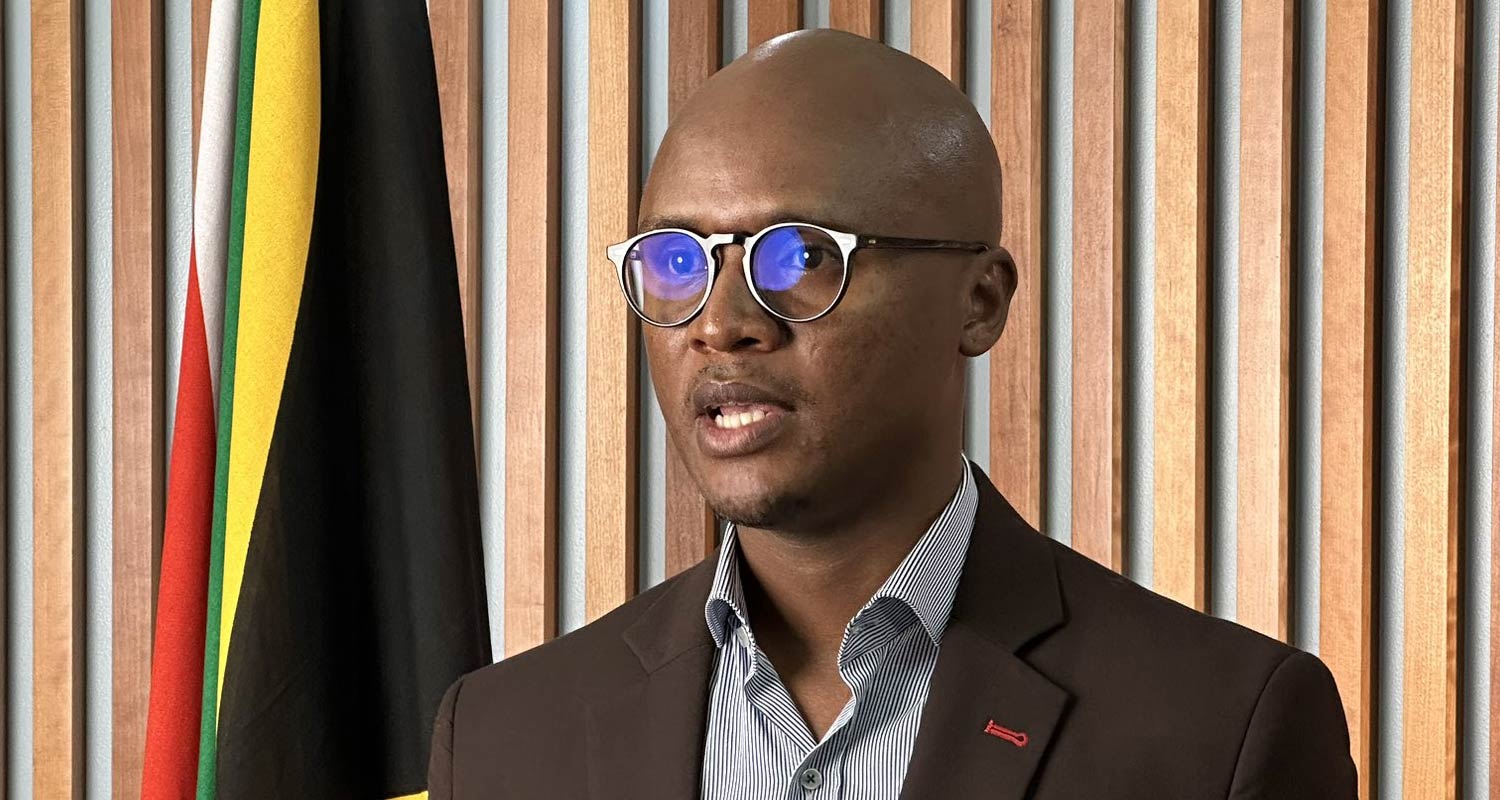Telecommunications industry lobby group the Association for Comms & Technology (ACT) has said it supports efforts by communications minister Solly Malatsi to introduce equity equivalence investment programmes (EEIPs) in the ICT sector.
However, the new rules must include all industry players – and not only satellite service providers like Elon Musk’s Starlink, which has said it needs the new rules in place before it can seek a licence to launch its much-hyped satellite broadband service in South Africa.
Speaking on an episode of TechCentral Show to be published soon, ACT CEO Nomvuyiso Batyi said Malatsi and his team are “on the right track” given that EEIPs have already been introduced in other sectors – in the motoring industry, for example – and are even sanctioned in the Electronic Communications Act as an alternative to equity ownership.
“As ACT, our position has always been clear around licensing, or any other topic for that matter: it always centres on regulatory parity,” said Batyi. “It should not matter that you are a satellite network operator or mobile network operator, when you come into the South African market the rules should be applicable to you in the same way as they are to the next person.”
Malatsi faced a political backlash after publishing a draft policy directive on 23 May in which he has proposed asking Icasa to explore the use of EEIPs as an alternative in licensing. The draft directive came only two days after a fiery White House press conference between US President Donald Trump and a South African delegation led by President Cyril Ramaphosa, where the topic of Starlink was raised by some of those in attendance – while owner Elon Musk watched on from across the room.
‘Misconceptions’
South African-born billionaire and Trump supporter Musk, who controls Starlink parent SpaceX, has been a vocal critic of the BEE equity requirements in Icasa’s licensing processes that mandate that licensees must to sell (or give away) 30% of the equity in their local licensee to “historically disadvantaged persons”.
Batyi shrugged off “misconceptions” about Malatsi’s policy directive being a ploy to fast-track the licensing of Starlink, saying the process was already well under way prior to Ramaphosa’s meeting with Trump.
Read: Starlink storm: BEE reforms fuel tensions in Ramaphosa’s GNU
In February, Icasa held oral hearings on a proposed new licensing framework for satellite operators in South Africa; ACT and its members – Vodacom, MTN, Telkom, Cell C, Rain and Liquid Intelligent Technologies – took part. Concerns that Icasa was focusing on satellite licensing while ignoring the industry as a whole were raised at the hearings.
ACT’s position is that the rules should apply uniformly, whether the companies in question are South African or international, and they should be asked to comply with the same rules regarding universal service obligations, quality of service and customer protection.

According to Batyi, where ACT differs with Malatsi is his focus on new entrants to the sector. ACT members have already made significant investments in South Africa and should be recognised for these, she said.
“If we are going to take the policy directive as it is written regarding new entrants, it means those people that have been in South Africa will have to adhere to 30% equity ownership rules over and above EEIPs. If you want to align the Electronic Communications with B-BBEE, don’t only focus on new entrants: make sure that the playing field is level for everyone,” said Batyi. – © 2025 NewsCentral Media
Get breaking news from TechCentral on WhatsApp. Sign up here.
Don’t miss:
Malatsi insists BEE directive is not a shortcut for Starlink
Crédito: Link de origem

